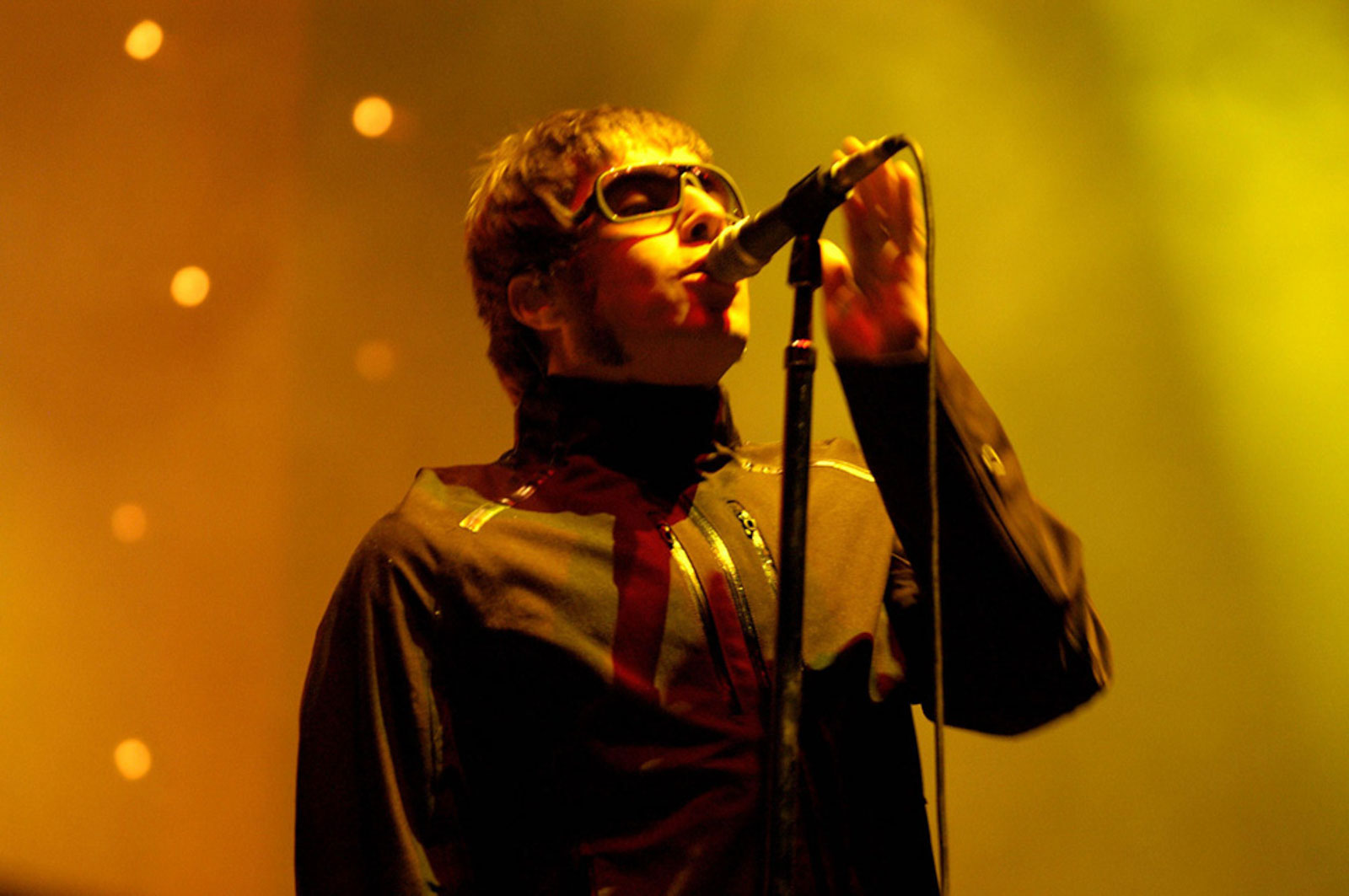When the Wall fell, popular culture rose to a new level of social relevance. Wind of Change? More like a tsunami! The Nineties washed over the increasingly globalized media landscape in a tidal wave of catchy tunes, cult movies, TV series and show stars. FACES rolls up the decade – and publishes an encyclopedia on the age of grunge, girl groups, GZSZ and Britpop in loose succession.
Spurred on by NME and the rest of the UK music press, the island experiences a majestic duel for the Britpop crown – with a showdown à la “Rumble in the Jungle”.
In one corner: Blur. Rooted in London’s art student scene, the band around Damon “cotton candy voice” Albarn and Graham Coxon spins playful, unpredictable tinkerer pop with an arty, experimental twist. In the other corner: Oasis from the industrial juggernaut of Manchester, fronted by the snotty-voiced snot-slinger Liam Gallagher and backed by the songwriting bastion of his brother, ex-Roadie Noel. 14. August 1995, at the same time as the heavyweights are launching new singles onto the market. And Blur’s “Country House” shoots to number one. Behind it, Oasis’ “Roll With It” gets away with a black eye.
Alongside hits à gogo (“Wonderwall”, “Song No. 2″…), headlines and excess, the sludge battle produces monumental long-playing gems: “What’s the story…”, “Definitely Maybe” (Oasis), “The Great Escape”, “Modern Life is Rubbish”, “Parklife” (Blur) and so on. And even if Blur drift off into experimental territory, Oasis – blue eye my ass – break up because of the Gallaghers’ power struggle and bands like Ash, Pulp or Suede should also be mentioned: The essence of Britpop is concentrated on this Monday in the late summer of 1995.









